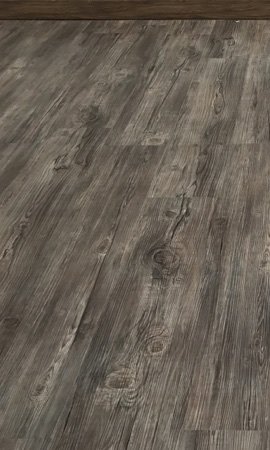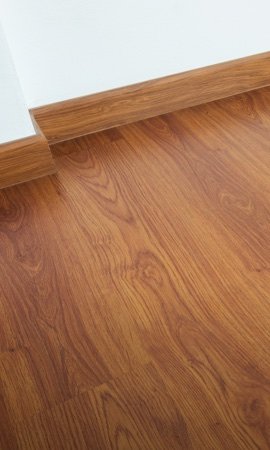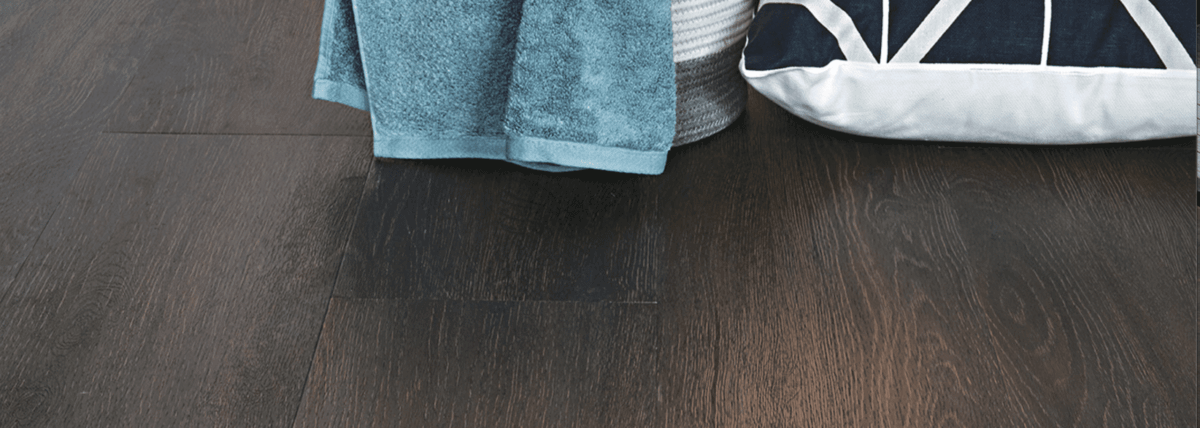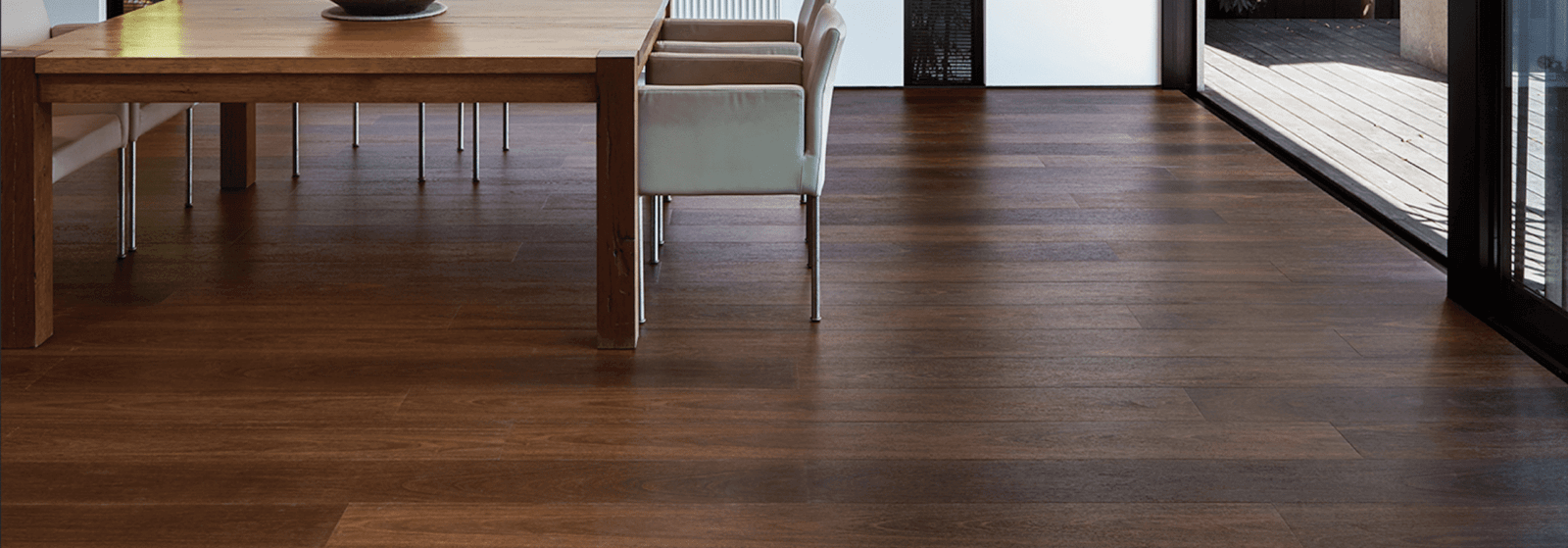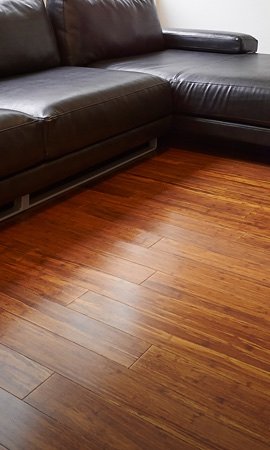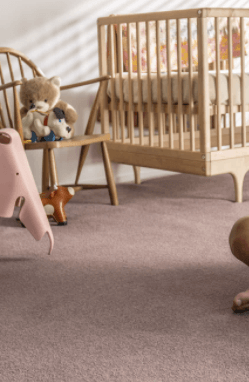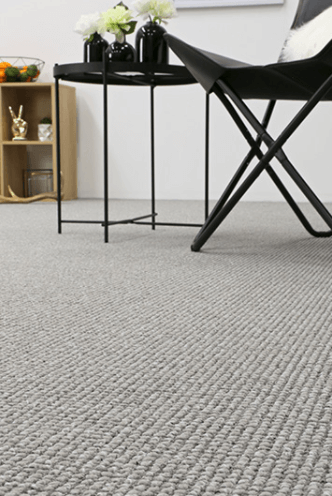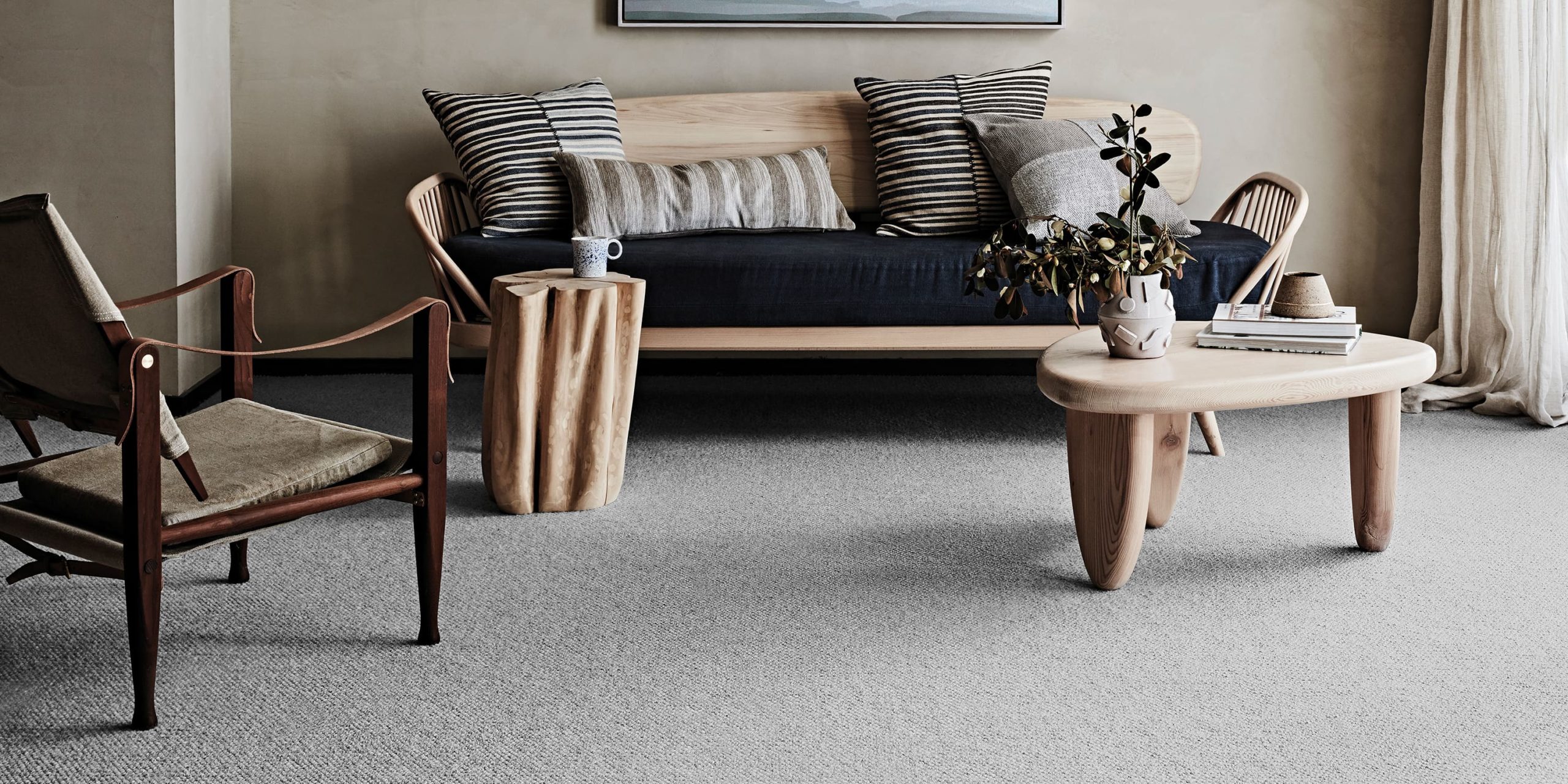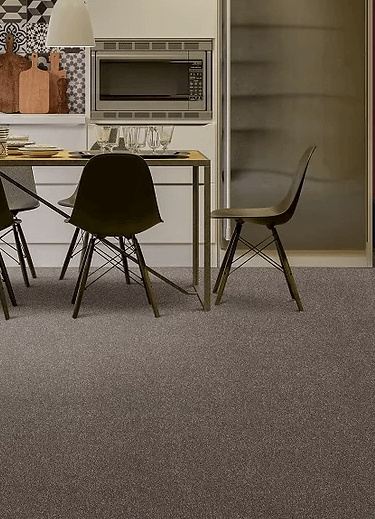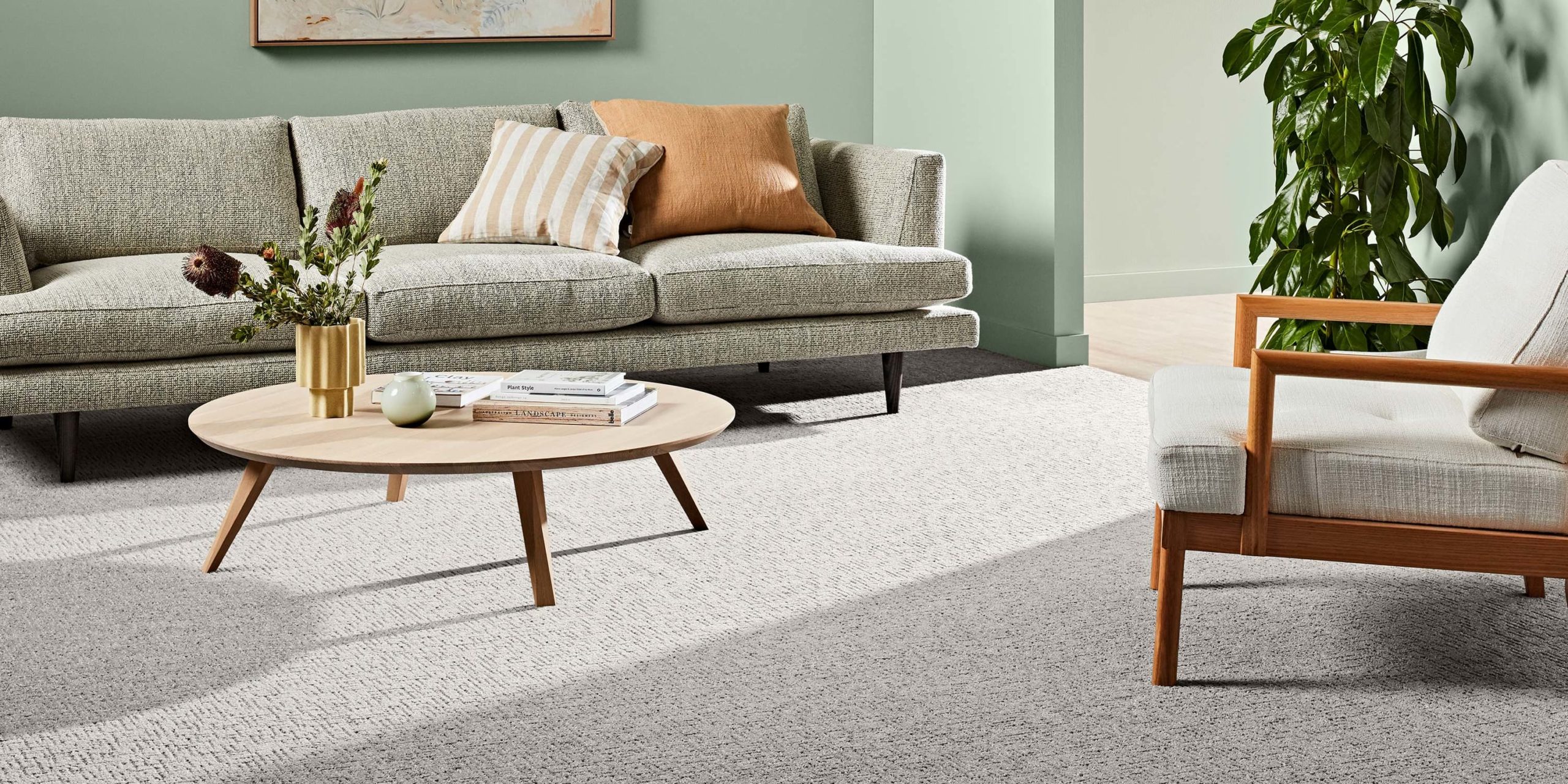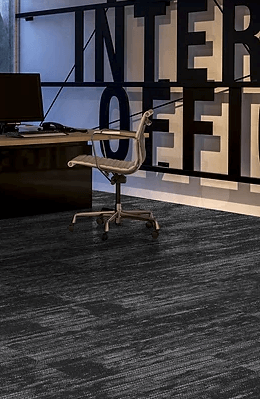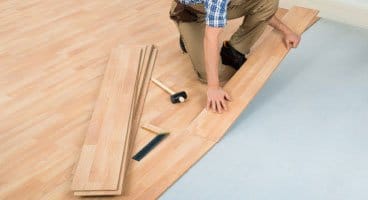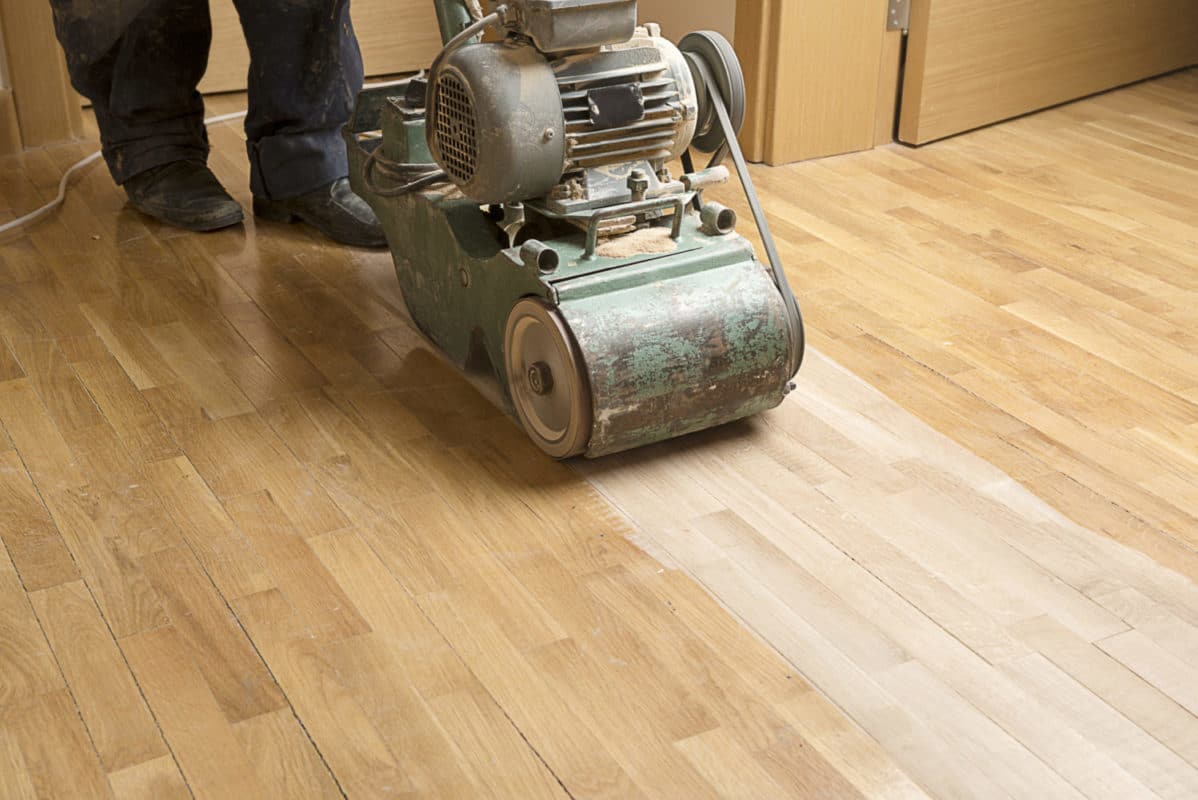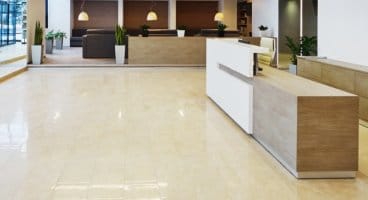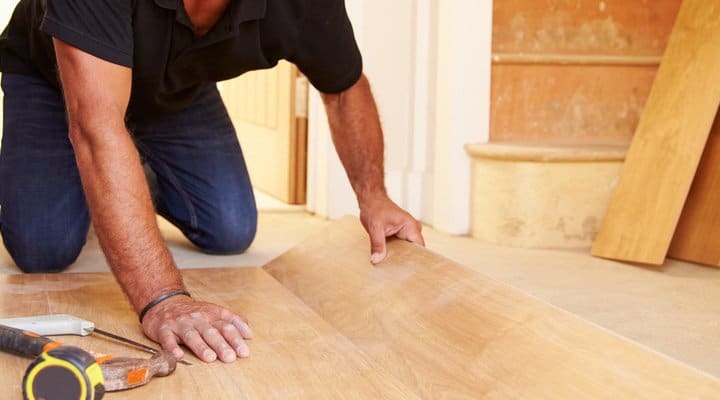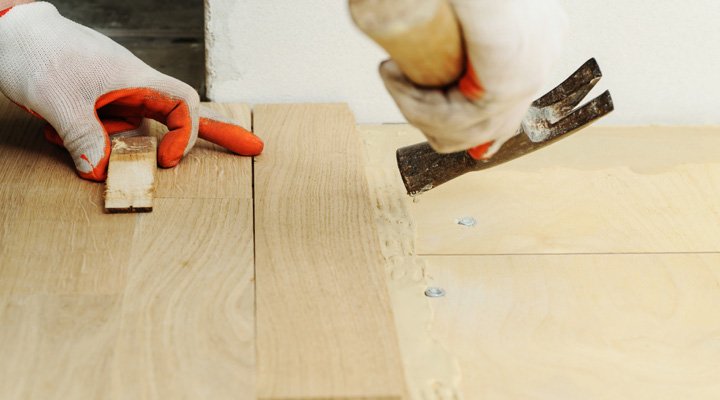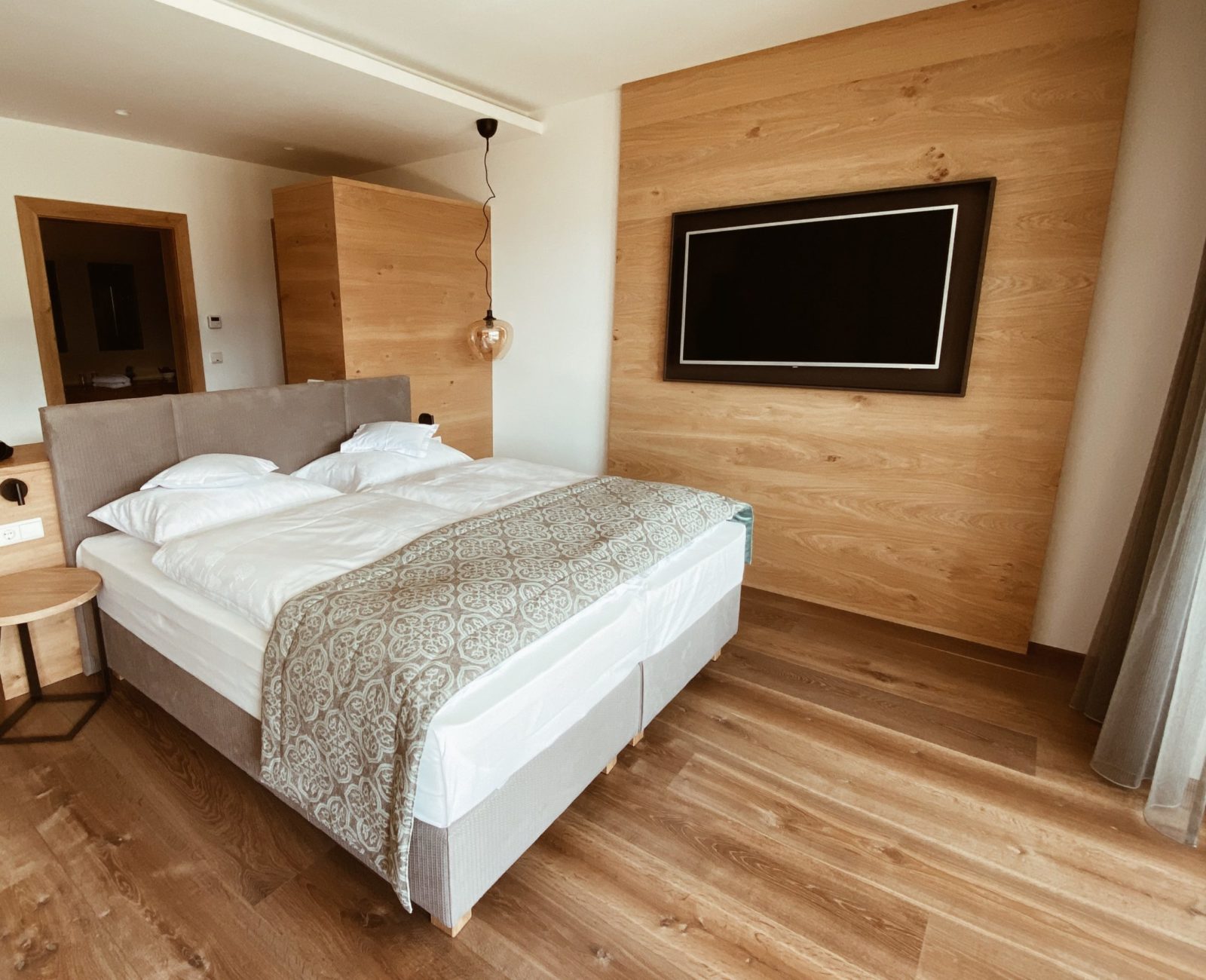

23 Feb Hybrid Flooring vs Vinyl Plank Flooring
Hybrid flooring and vinyl plank floors are among the most popular options available when you’re looking for a highly durable floor that holds its own against moisture, after all both are 100% waterproof! This makes them extremely versatile and suitable for almost any room in your home or office, even bathrooms when sealed properly.
But how do you choose between the two? In this article, we’ll look at how they stack up and help you find the best floor that suits your needs.
Overview
Too long; didn’t read? Here’s a quick look at how hybrid and vinyl plank floors compare in some key areas. Of course, we’d recommend reading on so that you can understand more about each flooring type as well as our rationale.
| Hybrid flooring | Vinyl plank flooring | Winner | |
| Construction | ✓ – sturdy, advanced construction | ✓ – sturdy, advanced construction | Hybrid |
| Installation and Repairability | ✓ – click lock system, easy to install | ✓ – glue down or loose lay to install | Hybrid |
| Affordability | ✓ – very affordable, but generally more costly than vinyl. Lower cost in installation. | ✓ – extremely affordable. But more costly in installation. | Tie |
| Design | ✓ – over 100 colours and styles at FloorVenue. Here are our top 5 ranges with expert reviews. | ✓ – a multitude of different colours and styles | Tie |
| Water Resistance | ✓ – 100% waterproof | ✓ – 100% waterproof | Tie |
| Durability | ✓ – very hard and durable | ✘ – not as durable, can tear under heavy loads | Hybrid |
| Comfort | ✓ – soft and comfort underfoot due to its use of underlayment | ✓ – soft and comfort underfoot due to glue down fixed installation. More solid feel. | Vinyl (slightly) |
| Maintenance | ✓ – extremely easy to keep clean | ✓ – extremely easy to keep clean | Tie |
Construction
Both vinyl plank and hybrid floors feature an advanced multi-layer construction that consists of a durable top ‘wear layer’, a high-tech ‘print layer’ that features the particular design you choose, and a thick ‘core layer’ that provides substance and rigidity to the floorboards.
However, while vinyl floors use PVC (polyvinyl chloride) plastic – the same plastic used in pipes – for the core layer, hybrid floors mix PVC with recycled wood (in the case of WPC, or Wood Plastic Composite type) or natural limestone (in the case of SPC, or Stone Plastic Composite type) for their core. What does this mean for you? Well, hybrid floors are much more rigid compared to vinyl floors and are more stable to changes in temperature and moisture. As a result, hybrid floors have a better construction.
Winner: Hybrid flooring
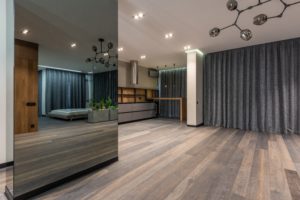

Installation and Repairability
Vinyl floor installations are either ‘loose lay’ or ‘glue down’, depending on the construction requirements. Glue down installation means literally to glue the vinyl planks onto the subfloor using polyurethane or water-based adhesives. Loose lay on the other hand means leaving the forces of gravity and friction to hold the planks in place, however the edge planks must be fastened down.
Hybrid flooring on the other hand is classified as a floating floor and utilises a click-lock system, which requires no adhesives at all. This makes hybrid floors much easier and cheaper to install and repair than Vinyl flooring.
Winner: Hybrid
Affordability
Both vinyl plank and hybrid floors are cost-effective options that can realistically imitate surfaces like solid timber for a fraction of the price. In Australia, vinyl plank tends to be a little cheaper than hybrid – vinyl costs from $30 to $40 per square metre to supply, while hybrid floors cost from $35 to $55 to supply.
It’s important that you don’t get caught out with unreliable (and often cheaper) models of vinyl plank and hybrid floors, as they might not have long-lasting beauty or durability. You really do get what you pay for in flooring, so look out for floors that have long (25 years or more) manufacturer warranties or have good reviews by customers and experienced suppliers.
Winner: Vinyl plank
Design
Hybrid and vinyl plank floors make use of a ‘print layer’, which is essentially a photograph of a design (like timber or tile) that is printed onto a thin resin. As they use high-tech techniques like microprinting and bevelling to produce these print layers, you’d be hard-pressed to tell the difference when comparing these floors to the real thing! In fact, print layers provide so much flexibility that you can even get colours and styles that you can’t get with the real surface.
At FloorVenue, we have over 100 different designs of hybrid floors – why not check them out here?
Winner: Tie


Water Resistance
Waterproofness is a key consideration when you’re choosing a new floor in spaces like kitchens and bathrooms. Both vinyl plank and hybrid floors pass this requirement with flying colours as they’re 100% waterproof! This is because they both employ a core layer that’s impermeable to water, unlike alternatives like laminate and solid timber floors.
Water resistance is one of the key selling points of both these floors, and for good reason – you can place these floors almost anywhere in the home and they’ll look great doing it too!
Winner: Tie
Durability
Durability is particularly important if your family uses a floor regularly, as is particularly the case with children, pets, and high-traffic environments. Through their use of a hard-wearing wear layer, hybrid and vinyl plank floors are protected from everyday scratches and fading from sunlight exposure.
When it comes to impacts and heavy loads, though, hybrid floors edge out vinyl floors in durability. This is because hybrid floors have a more rigid core that resists tearing, helping your floor stay fresher for longer. Hybrid floors definitely win here.
Winner: Hybrid floors
Comfort
As floating floors, vinyl planks and hybrid floors use underlayment (or underlay), which is a foam padding that is placed underneath the floor. While underlay is primarily designed to ensure that your flooring surface is flat enough for the floating floor to be installed, it also has the side-effect of adding comfort to your floor. Floors with underlayment are ‘springy’ and have a little bit of ‘give’ when stepped on, which definitely improves comfort if you’re continually using the floor.
When it comes to the floor itself, though, hybrid floors feel a little bit more comfortable than vinyl plank. As hybrid floorboards are more rigid, they sound and feel more ‘premium’ and not as ‘hollow’.
Winner: Hybrid floors


Maintenance
Keeping your floors clean is literally a chore, so proactively choosing a low-maintenance floor means more relaxation time and peace of mind! Both hybrid and vinyl plank floors fit the bill as they only require occasional sweeping and (damp) mopping to keep clean. As they don’t have any large seams for dust to accumulate, they’re great for allergy sufferers too.
As with any other floor, it’s always best practice to use doormats to trap any abrasive particles from entering the home, clean up spills as soon as they occur, and never use abrasive products like steel wool to clean your floor.
Winner: Tie
Conclusion: Is hybrid or vinyl flooring better?
As we’ve hopefully shown, both hybrid and vinyl floors are great options for the home or office. They have a solid set of features, from waterproofness to a wide range of designs.
You can think of hybrid flooring as an improved version of vinyl floors. Hybrid floors are more comfortable and durable, but also more expensive. Is this trade-off worth it for you? It may be useful to look at both hybrid and vinyl flooring and look at the price premium (if any). Some types of vinyl sheets are made for commercial settings over residential. Ultimately, decide which qualities you need for your property.
Frequently Asked Questions
Is hybrid flooring better than vinyl plank?
Hybrid floors are an improved version of vinyl plank flooring, incorporating improved durability and comfort but at the expense of a higher price. We would say that hybrid flooring is better than vinyl plank for most customers, although your mileage may vary.
Hybrid and vinyl plank floors are constructed very similarly. They both use multiple layers that are bonded together, with a ‘print layer’ that’s sandwiched between a protective ‘wear layer’ and a thick, rigid ‘core layer’ or substrate. The only difference between the two is the composition of the core; while vinyl plank uses PVC (polyvinyl chloride) plastic, hybrid floors add limestone or wood in order to strengthen the floorboard.
Does hybrid flooring look cheap?
Not at all – you’d be surprised at how much hybrid floors can look like the real thing! High-quality hybrid floors use a print layer that even mimics the natural texture and variations of surfaces like timber and tile and are almost indistinguishable when viewed from a reasonable distance.
Hybrid floors not only look premium, but also feel great too! They use a thick, rigid core made up of PVC plastic mixed with timber or limestone that feels substantial underfoot. Their use of underlayment also helps cushion your feet as you walk across the floor, further increasing comfort.
Are hybrid floors any good?
Hybrid floors are not only good, but they’re excellent – they’re 100% waterproof, extremely durable, and cost-effective compared to alternatives like solid and engineered timber floors. They also come in a wide range of designs – FloorVenue has over 100 styles alone – that mimic all sorts of surfaces like stone and timber.
Are vinyl floors any good?
Vinyl floors are great – they’re not only waterproof (making them great for the kitchen and bathroom), but very affordable compared to alternatives like laminate and hybrid floors. They also use a hard-wearing protective coating that protects against scratches and dents, which means that they’ll last for ages too.
Can you mop hybrid and vinyl flooring?
As 100% waterproof floors, both hybrid and vinyl floors can be cleaned using a damp mop in order to remove any dirt or sticky residue. However, they should not be steam mopped as the heat and pressure can cause delamination of the internal flooring layers. This is more prominent in vinyl floors.
Do hybrid and vinyl floors need underlay?
No, hybrid and vinyl floors usually do not need underlay. Hybrid floors usually have pre-attached underlay so there is usually no need for further underlayment. Vinyl floors on the other hand are designed specifically to not require underlay as it’s material acts like one in itself. However, underlay is useful for levelling slightly uneven subfloors, which is an essential for installing hybrid and vinyl floor coverings.
Is hybrid and vinyl flooring scratch resistant?
Hybrid and vinyl floors both use a tough top coating that resists all sorts of wear, so we would say that they’re definitely scratch resistant. This makes them particularly suitable for high-traffic areas like the living room! The top coating also protects your floor against exposure to sunlight, reducing fading and keeping your floors looking great in the long run.
